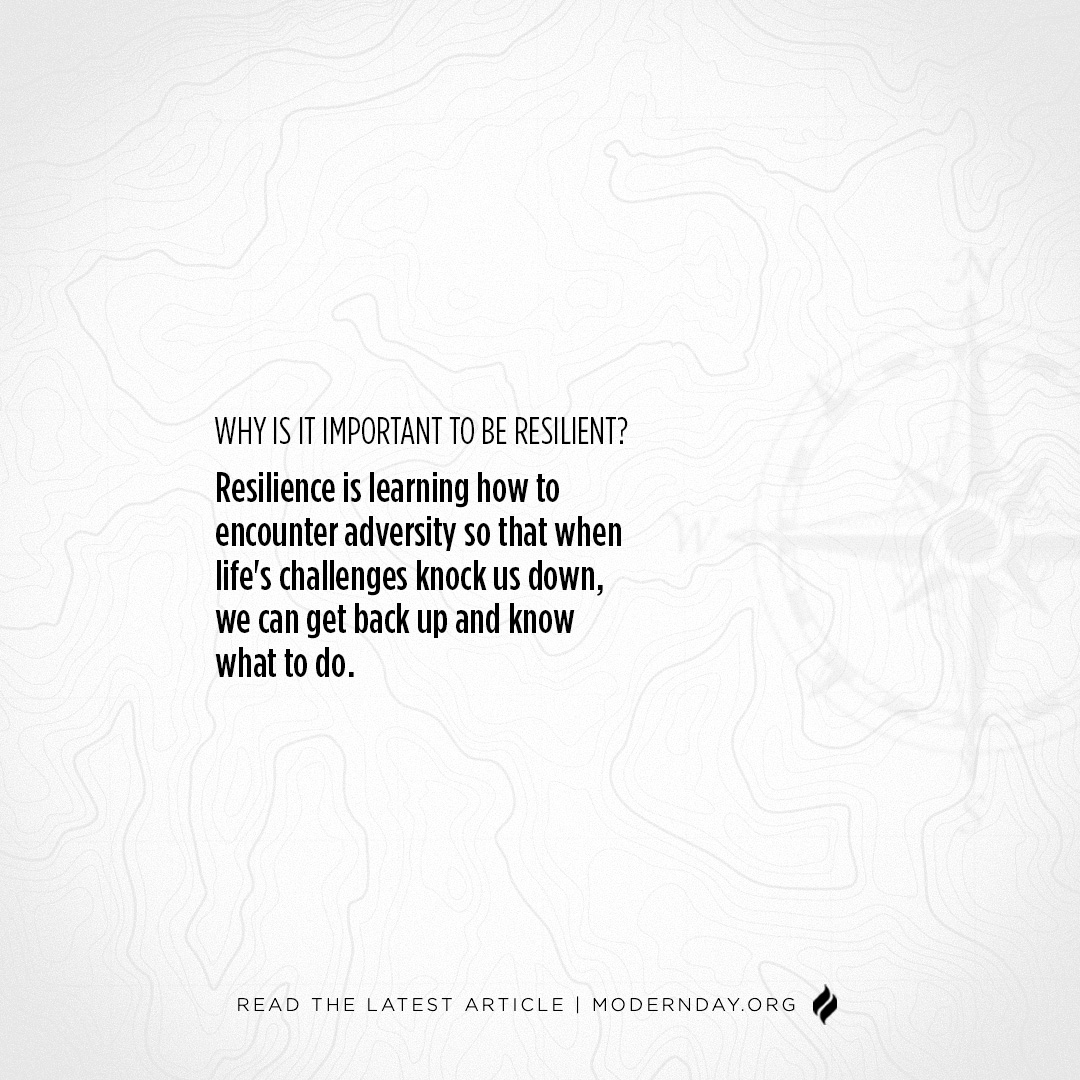As documented in previous posts, there have been times when I have been insulted, mocked, even cursed as a result of my efforts to lovingly share the Gospel with people. I have been treated, in a word, shamefully. Many Christians, fearing such unpleasant encounters, avoid sharing the Gospel with people unless they are already acquaintances. Jesus also hates when His followers are verbally or otherwise abused, but not as much as He hates when the unredeemed go days, weeks or months without hearing the salvation message.
Jesus once told a parable about a king (who represents God the Father) who sent his servants (who represent evangelists) to invite people (who represent the unsaved) to the wedding of his son (who represents Jesus). In the parable, some of those who rejected the king’s offer to join the festivities abused his servants and “treated them shamefully.”1 The parable illustrates that God is willing to send His people out to proclaim Jesus even at the risk of their mistreatment.
We see this parable lived out by Christ’s followers in the ancient Church, including the Apostle Paul, his protégé Timothy, and another disciple named Silvanus. That trio, as Paul explained, had been “shamefully treated at Philippi” yet persevered in evangelism to share “the Gospel of God” with other eventual believers “in the midst of much conflict.”2 Of course, as always, Jesus doesn’t ask us to do something that He wasn’t willing to do Himself. Two thousand years ago He warned His disciples that in Jerusalem He would be “mocked and shamefully treated and spit upon” even before being crucified.3 There has always been and always will be opposition to the Gospel.
It can be emotionally challenging to face opposition (even animosity) as a result of sharing the Gospel. However, we should always keep our minds on the objective of our evangelism, not the hardships we endure through the process. If we truly had our hearts attuned to what is at stake for those who are not in relationship with Jesus, the shame of mistreatment would pale in comparison.
Christians who are reading this are believers because people generations earlier were shamed for preaching the Gospel, translating it into your native language and crossing cultural bounds to bring that message to people they didn’t know much about — except that God loves those people. If we adopt that same level of commitment, we will be able to say to those we share the Gospel with (in the words of the Apostle Paul) that “our coming to you was not in vain.”4 Christ will redeem our efforts.
Matthew 22:6
1 Thessalonians 2:2
Luke 18:32
1 Thessalonians 2:1
By: Raymond Billy
If you would like to make a financial contribution to Raymond Billy, Click Here!







